The Best Pepper Companion Plants For A Healthy Highyielding Garden
Introduction
Pepper plants are a popular choice for home gardeners, and for good reason. They're relatively easy to grow, and they can be used in a variety of dishes. But did you know that companion planting can help you grow healthier, more productive pepper plants?
Companion planting is the practice of planting certain plants together in order to benefit each other. Some plants attract beneficial insects, while others help to repel pests. Some plants improve the soil quality, while others help to prevent diseases.
When it comes to peppers, there are a number of companion plants that can help you to grow healthier, more productive plants. In this blog post, we'll discuss some of the best pepper companion plants, as well as some plants that you should avoid planting near peppers.
The Benefits of Companion Planting
There are a number of benefits to companion planting peppers. Some of the benefits include:
- Increased pollination: Some companion plants attract beneficial insects, such as bees and butterflies. These insects help to pollinate pepper plants, which can lead to increased yields.
- Pest control: Some companion plants help to repel pests, such as aphids, spider mites, and hornworms. This can help to protect your pepper plants from damage and diseases.
- Improved soil quality: Some companion plants help to improve the soil quality, which can benefit pepper plants. For example, legumes, such as beans and peas, fix nitrogen in the soil, which can help to provide peppers with the nutrients they need.
- Reduced competition: Some companion plants grow taller than peppers, which can help to shade the soil and prevent weeds from growing. This can help to reduce competition for water and nutrients.
The Best Pepper Companion Plants
Some of the best pepper companion plants include:
- Basil: Basil is a popular herb that is often grown alongside peppers. Basil helps to repel aphids, spider mites, and other pests. It also attracts beneficial insects, such as ladybugs and hoverflies.
- Cilantro: Cilantro is another herb that is often grown alongside peppers. Cilantro helps to repel aphids and other pests. It also attracts beneficial insects, such as ladybugs.
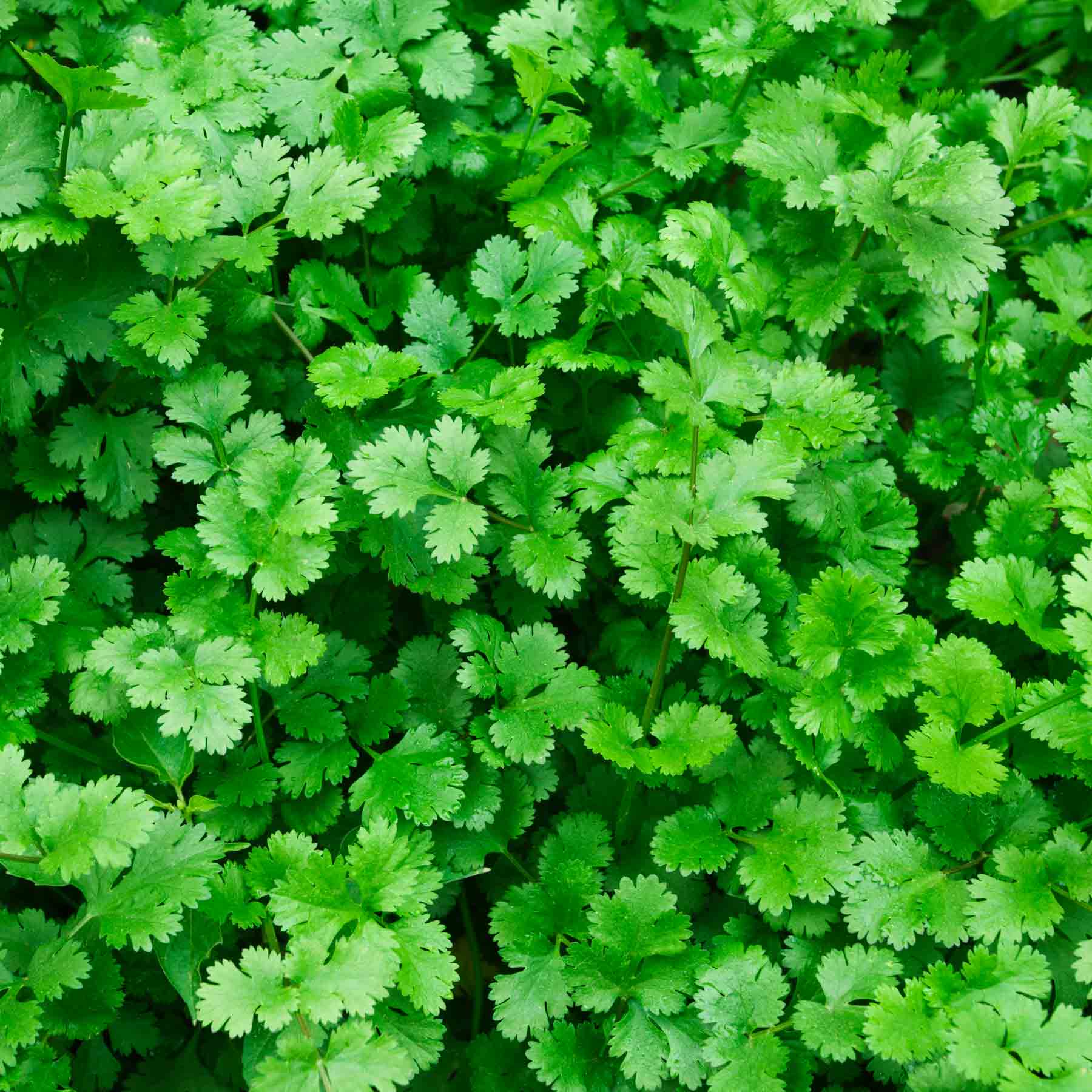
- Marigolds: Marigolds are flowers that are often grown in vegetable gardens. Marigolds help to repel nematodes, which are pests that can damage pepper plants. They also attract beneficial insects, such as ladybugs and hoverflies.
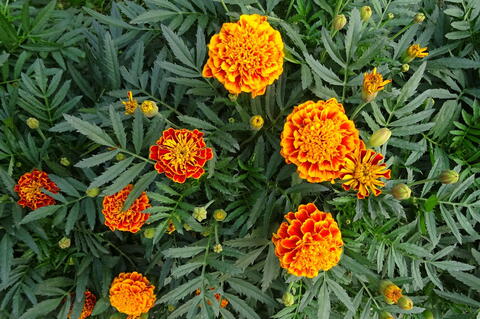
- Onions: Onions are a vegetable that is often grown alongside peppers. Onions help to repel aphids, spider mites, and other pests. They also help to improve the soil quality, which can benefit pepper plants.
- Spinach: Spinach is a vegetable that is often grown alongside peppers. Spinach helps to improve the soil quality, which can benefit pepper plants. It also helps to shade the soil and prevent weeds from growing.
- Tomatoes: Tomatoes are a vegetable that is often grown alongside peppers. Tomatoes help to repel whiteflies, which are pests that can damage pepper plants. They also help to improve the soil quality, which can benefit pepper plants.
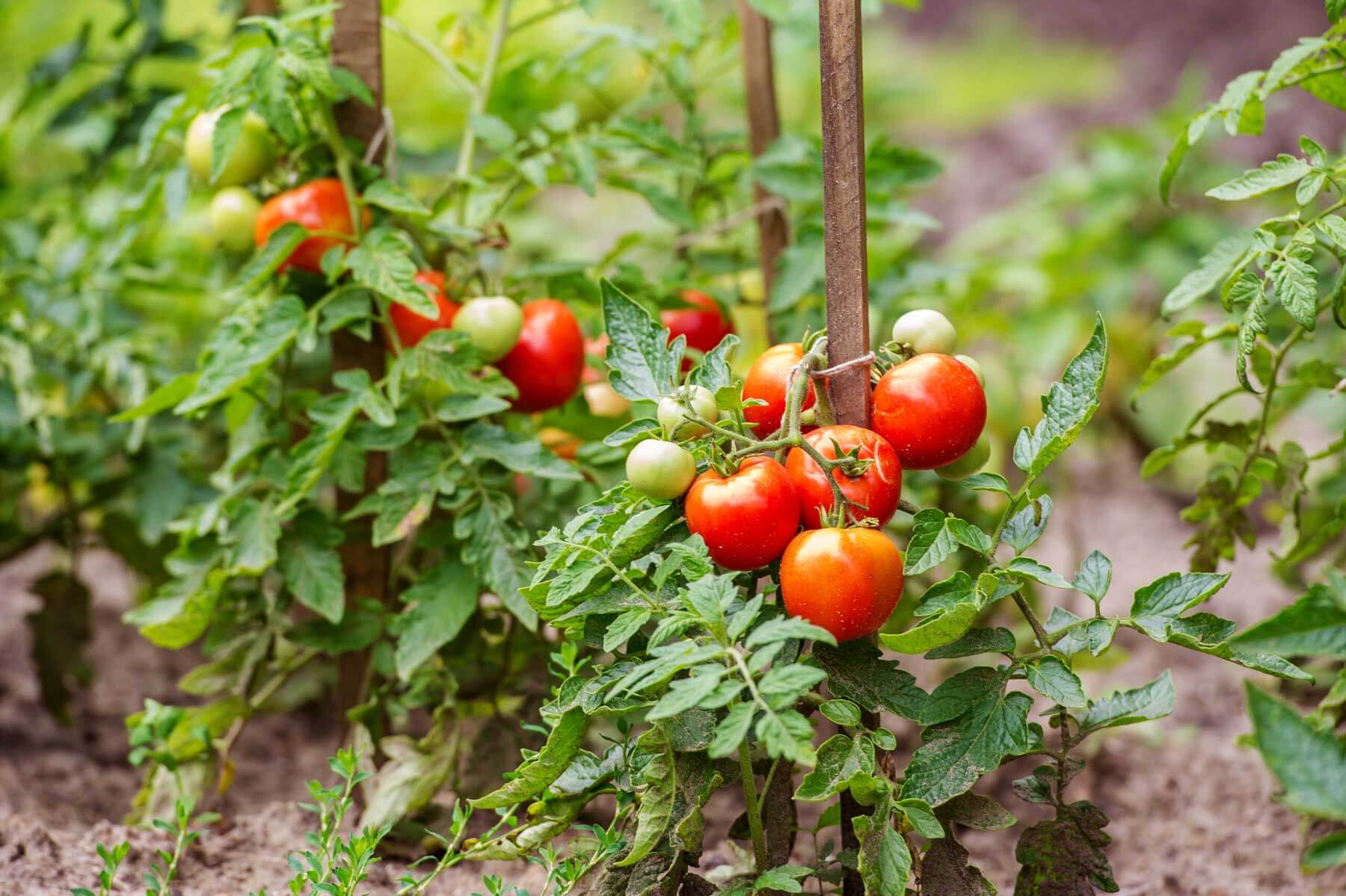
Plants to Avoid Planting Near Peppers
There are a few plants that you should avoid planting near peppers. These plants include:
- Apricot trees: Apricot trees release a toxin that can damage pepper plants.
- Beans: Beans and peppers have incompatible soil nutrient needs.
- Brassicas: The brassica family—broccoli, brussels sprouts, cauliflower, and kale—has different soil preferences than peppers.
Conclusion
Companion planting is a great way to grow healthier, more productive pepper plants. By planting the right companion plants, you can attract beneficial insects, repel pests, improve the soil quality, and reduce competition.
If you're looking to grow healthy, high-yielding pepper plants, be sure to consider companion planting. It's a simple way to boost your harvest and improve the health of your plants.
Are you interested in learning more about Pepper Companion? Visit Garden Wiki to learn about the features and benefits of this innovative new product. Pepper Companion is a personal assistant that can help you with a variety of tasks, including:
- Setting reminders and alarms
- Managing your calendar
- Controlling your smart home devices
- Answering your questions
- Providing companionship
Pepper Companion is the perfect way to stay organized, productive, and connected. Visit Garden Wiki today to learn more!
FAQ of pepper companion
- What are the benefits of companion planting with peppers?
There are many benefits to companion planting with peppers. Some of the most common benefits include:
* Attracting beneficial insects. Many companion plants attract beneficial insects, such as ladybugs, lacewings, and parasitic wasps. These insects help to control pests that can damage pepper plants.
* Reducing the risk of disease. Some companion plants can help to reduce the risk of disease in pepper plants. For example, marigolds are known to repel nematodes, which can cause root rot in pepper plants.
* Improving soil quality. Some companion plants can help to improve soil quality, which can benefit pepper plants. For example, beans and peas fix nitrogen in the soil, which can provide peppers with the nutrients they need to grow.
* Creating a more attractive garden. Companion planting can also create a more attractive garden. When different plants are planted together, they can create a more visually appealing and diverse landscape.
- What are some good companion plants for peppers?
Some of the best companion plants for peppers include:
* Marigolds. Marigolds are known to repel nematodes, which can cause root rot in pepper plants.
* Basil. Basil is a good companion plant for peppers because it helps to deter pests such as aphids and whiteflies.
* Onions and garlic. Alliums, such as onions and garlic, have strong scents that can help to deter pests from pepper plants.
* Cucumbers. Cucumbers can help to suppress weeds and provide shade for pepper plants.
* Lettuce, spinach, and chard. These leafy greens can help to retain moisture in the soil and prevent weeds from growing around pepper plants.
- What are some bad companion plants for peppers?
Some plants that should not be planted near peppers include:
* Tomatoes. Tomatoes and peppers are both members of the nightshade family, and they can compete for nutrients and water.
* Potatoes. Potatoes can harbor the potato scab fungus, which can also infect pepper plants.
* Eggplants. Eggplants are also members of the nightshade family, and they can compete for nutrients and water with pepper plants.
* Cabbage. Cabbage can attract pests such as aphids and cabbageworms, which can also damage pepper plants.
Image of pepper companion
- A close-up of a pepper plant with a pepper companion plant growing alongside it.

- A row of pepper plants with different pepper companion plants growing between them.

- A pepper plant with a nasturtium plant growing alongside it.
- A pepper plant with a marigold plant growing alongside it.
- A pepper plant with a basil plant growing alongside it.

- A pepper plant with a chive plant growing alongside it.

- A pepper plant with a dill plant growing alongside it.

- A pepper plant with a mint plant growing alongside it.
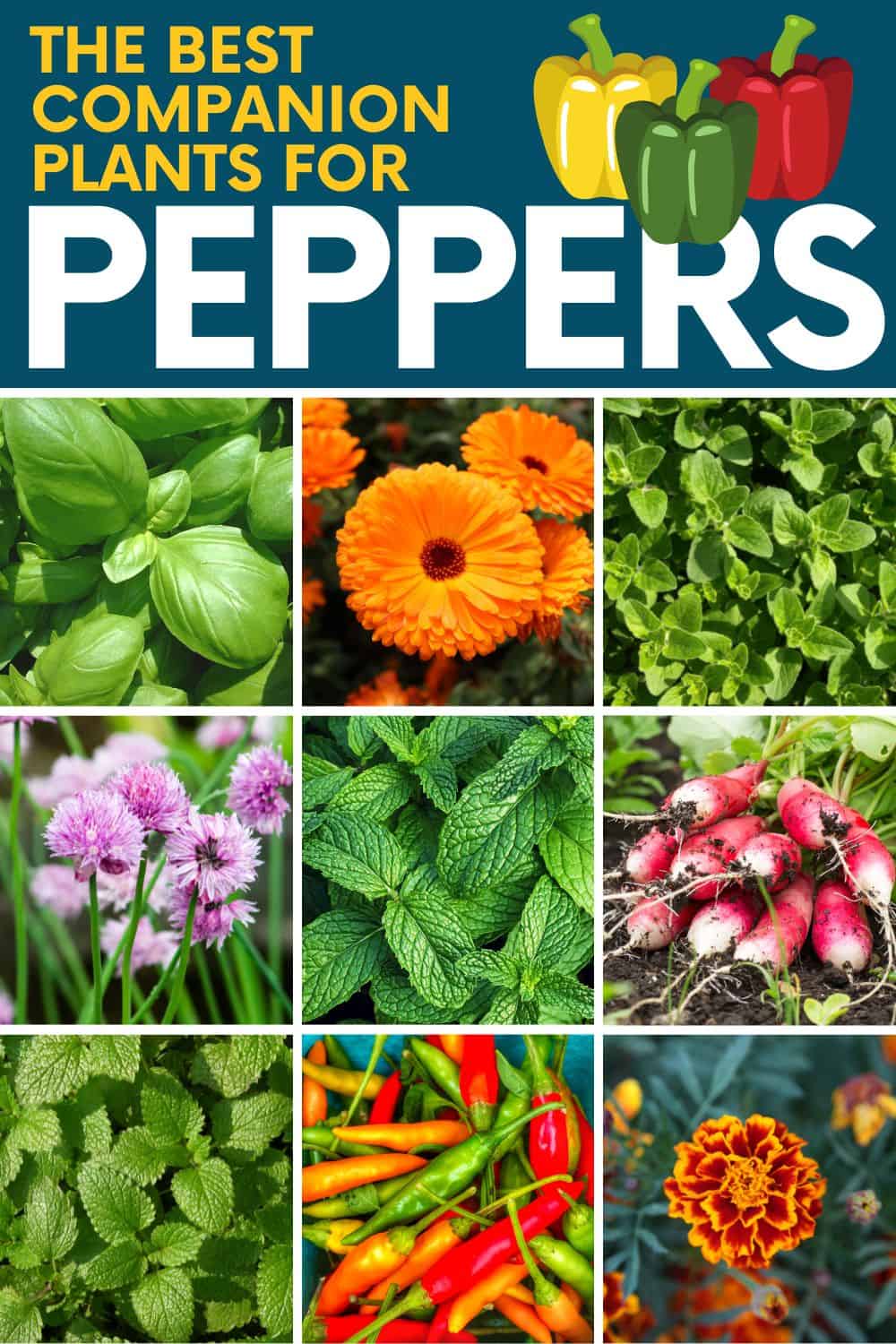
- A pepper plant with a rosemary plant growing alongside it.
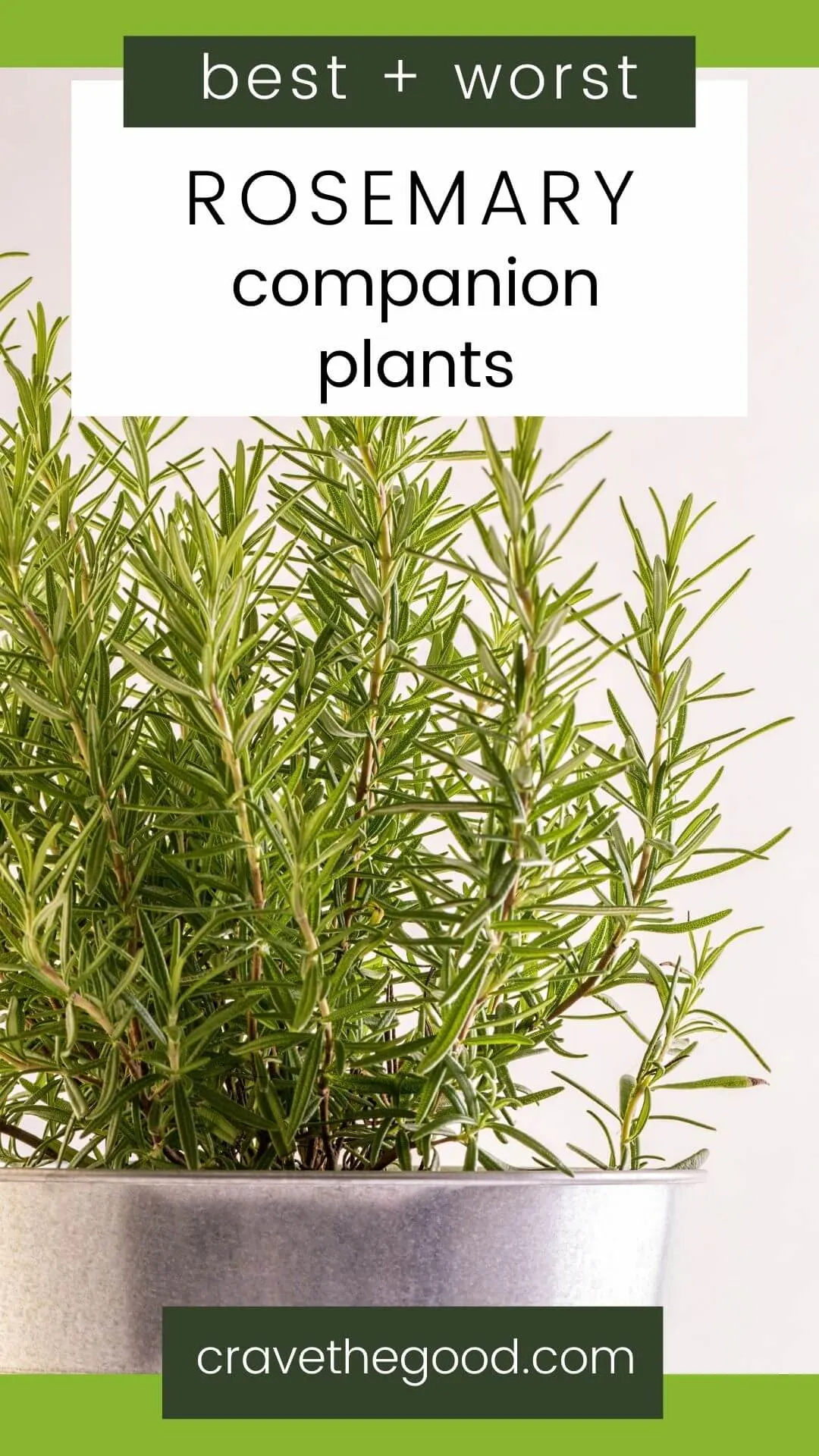
- A pepper plant with a thyme plant growing alongside it.

Post a Comment for "The Best Pepper Companion Plants For A Healthy Highyielding Garden"